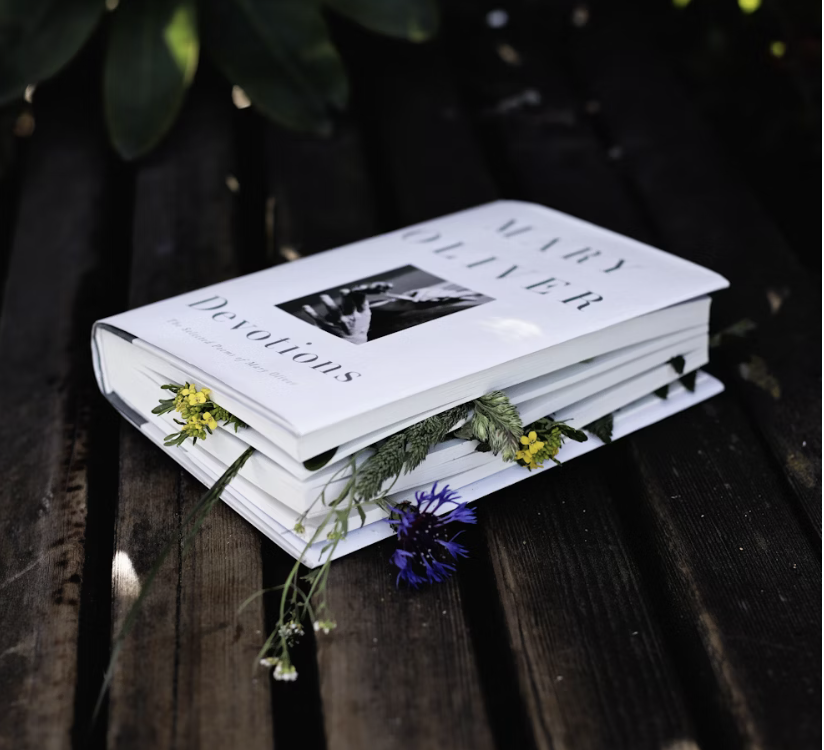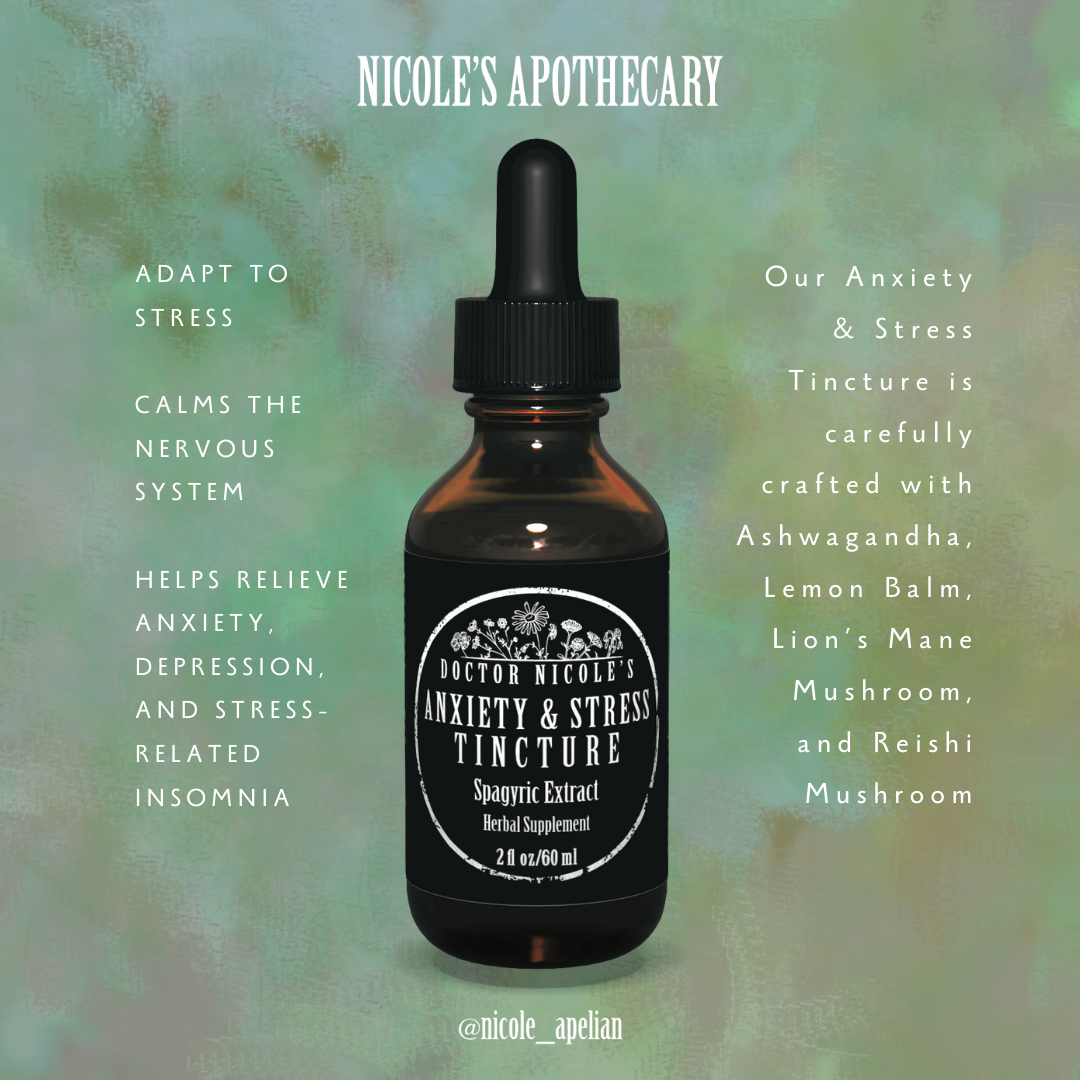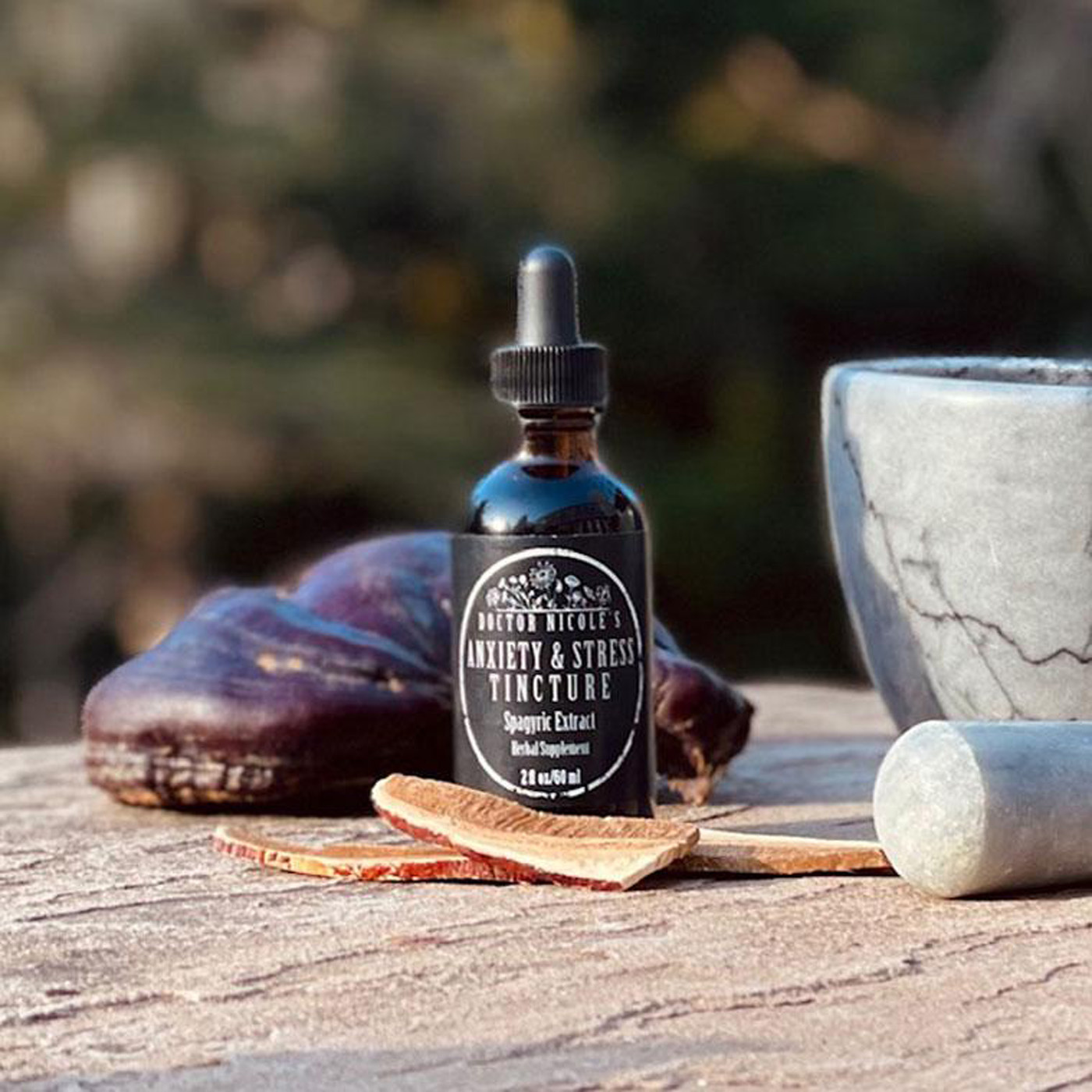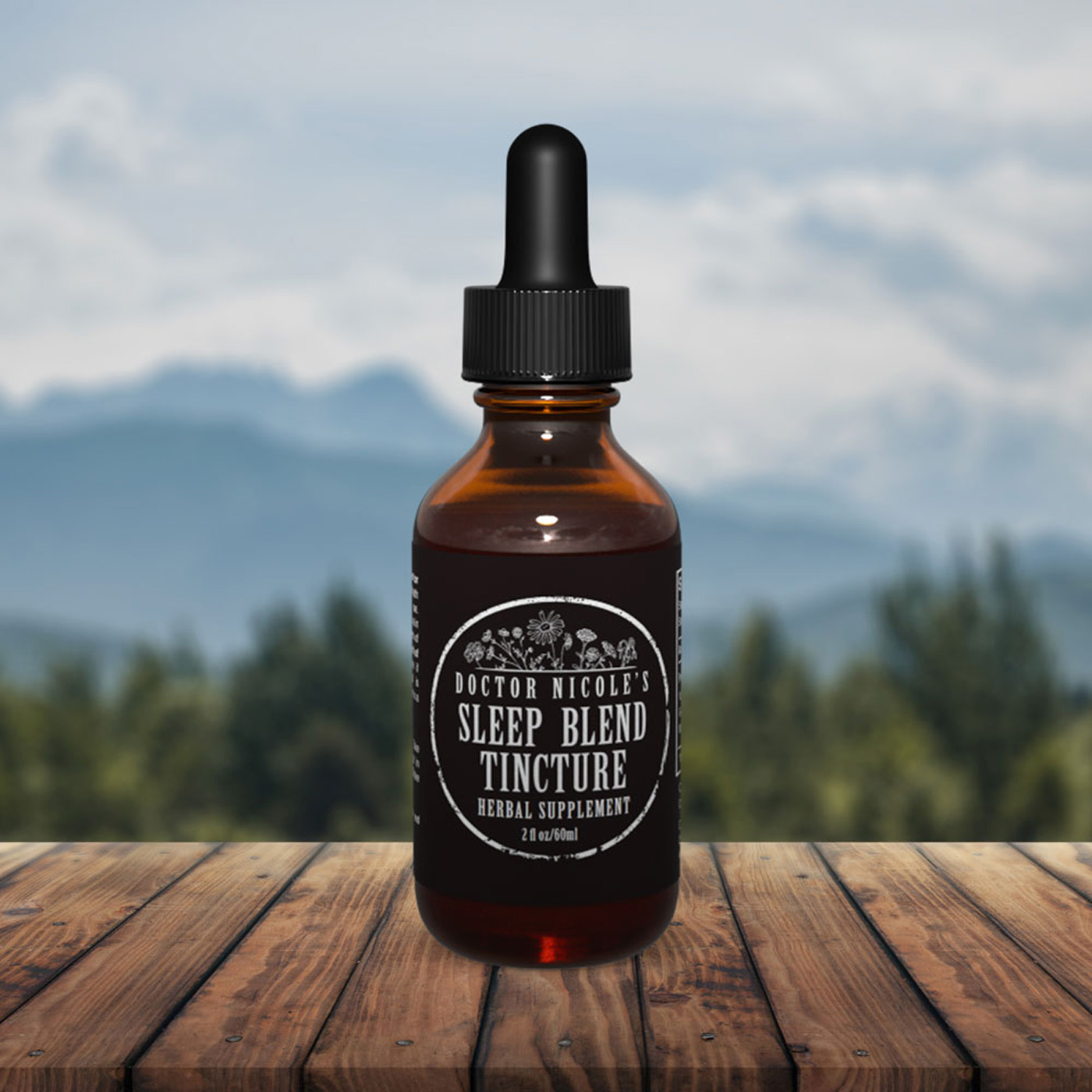Therapeutic Benefits: A Historical and Modern Perspective
Did you know that reading, writing, or hearing poetry can lower stress, pain, and anxiety levels — while boosting immunity and health? It’s true! Using poetry as a therapeutic agent for enhanced mental and physical well-being has a long history with several notable examples: a Pennsylvania Hospital in 1751, where patients actively engaged with poetry, and in the early 1900s as poetry therapy gained momentum in Manhattan’s Greenwich Village. This eventually led to the founding of the National Association of Poetry Therapy in 1969. It’s a fascinating history with significant modern applications, which we will explore below.
This is Your Brain on Poetry
“Poetry and medicine are so closely intertwined…When you go back in history and think about how healing occurred in traditional societies, most healing was [related to] the power of the word.” —Jack Coulehan, MD4
We all have experienced at one point or another the power of music to energize or calm — either alleviating emotional turmoil or bringing us to the heights of happy bliss. It’s a compelling medium to tap into our emotional landscape and one we are routinely familiar with. What isn’t as well known is the power of poetry to evoke a strong sense of aesthetic pleasure and peak emotional response, while also helping us to relieve stress, anxiety, and depression. Because of this, researchers set out to establish the impact poetry can have on our emotional life and health.
What Eugen Wassiliwizky and his team found is that poetry acts as a “powerful stimulus for eliciting peak emotional responses, including chills and objectively measurable goosebumps that engage the primary reward circuitry. Importantly, while these responses to poetry are largely analogous to those found for music, their neural underpinnings show important differences.”2,3

Another study from Tehran University of Medical Sciences put poetry to the test.9 A small sample of 26 men, aged 54 (±3) years were randomly selected and divided into two equal groups of control and experimental. They were asked to avoid alcohol and caffeine during the study. Habitual smokers, drinkers, or drug consumers were not eligible to participate.
Five sections of the Persian poet Hafez with 60 lines of text were randomly chosen, with the experimental group listening to high-quality audio recordings for around thirty minutes, five days a week for 8 weeks. Salivary cortisol was measured as a marker of stress levels before and after the test. Those who listened to the poetry experienced a notable drop in cortisol levels, indicating that the rich meaning and rhythm of Persian classical poetry is a novel method for reducing stress. The researchers noted that listening to classical poetry of any language and culture would derive the same benefits.
Interacting with poetry has also been shown to reduce depression and anxiety6, ease PTSD symptoms7, lower stress by up to 68%1, improve immune system functioning8, and foster better sleep quality1.
However, the benefits of poetry go far beyond clinical observation. As writer Cody Delistraty points out in the New York Magazine article, This is What Happens to Your Brain When You Read Poetry:
“But poetry transcends this type of methodical scrutiny. It valorizes the unconscious, opening us up to new perspectives; it implies the possibility of unlimited pleasure. When every aspect of a poem comes together — form, cadence, emotional appeal — it doesn’t just provide the literal chills and goose bumps that Wassiliwizky examined. Like Rilke’s “First Elegy,” it instills a feeling of a great unknown, something that can’t be picked up by nodes and scans.”4
Interested in weaving more poetry into your life, but don’t know where to begin? The National Association of Poetry Therapy offers a free download of their Integrative Medicine Packet that includes guidance for a variety of poetry applications — including for grief, depression, anxiety, facing health challenges, and more.5
The Healing Power of Plants for Anxiety, Stress, & Depression
Herbal remedies are an outstanding complement to the therapeutic use of poetry to ease stress, anxiety, and depression, while also promoting deep, restorative sleep. My top herbal recommendations for this purpose include:
ASHWAGANDHA
- Adaptogenic
- Helps calm inflammation
- Soothes anxiety and depression
- Helps balance hormones
- Helps quiet the stress response
- Supports cognitive function including attention, processing speed, and memory
LEMON BALM
- Helps brain function
- Soothes ADHD symptoms
- Enhances sleep quality
- Known to assist with Dementia, Parkinson’s, and Alzheimer’s
- Anxiolytic (soothes anxiety) and helps calm the body and mind
- Antioxidant properties help protect nerves
- Encourages GABA production, a calming neurotransmitter that helps to soothe anxiety and stress.
LION’S MANE MUSHROOM
- Helps with inflammation
- Enhances cognitive function
- Shown to help reduce symptoms of Alzheimer’s, Dementia, and Parkinson’s.
- Helps with sleep, anxiety, and depression
REISHI MUSHROOM
- Helps strengthen the body against the negative effects of stress, including: hormonal imbalances, high cortisol, fatigue, brain fog, and low-energy
Each of these helpful botanicals is found in our Anxiety & Stress Tincture. This blend aids the body in adapting to stress, calming the nervous system, and alleviating anxiety, depression, and stress-related sleep disturbances. It also supports cognitive function and reduces inflammation for optimal brain health. It can be taken at night if anxious thoughts are preventing you from falling asleep as well. See our Sleep Blend for a formulation purely for sleep.
FIVE STARS
“Some days I have anxiety and stress knowing what’s going on in our country. I can tell you this though, Nicole’s Anxiety & Stress Tincture works very well, I definitely give it a five star.” -Shawn
At my apothecary, we take a research-informed approach to natural wellness and utilize stringent testing standards for contaminants and more. Our offerings are carefully selected based on clinical insights and traditional knowledge that support long-term health — especially for those managing complex, chronic conditions. Visit today to explore our range of targeted natural medicines that can help you to reach your health goals!
Nicole Apelian
Nicole’s Apothecary Products in this Post
References
- “The Benefits of Reading Before Bed: 6 Reasons Why You Should Pick Up Your Book Before Bed” Lilianna Hogan | Medically Reviewed by Dan Brennan, MD, WebMD, August 11, 2021. https://www.webmd.com/sleep-disorders/features/benefits-of-reading-before-bed
- Eugen Wassiliwizky, Stefan Koelsch, Valentin Wagner, Thomas Jacobsen, Winfried Menninghaus, The emotional power of poetry: neural circuitry, psychophysiology and compositional principles, Social Cognitive and Affective Neuroscience, Volume 12, Issue 8, August 2017, Pages 1229–1240, https://doi.org/10.1093/scan/nsx069
- This is What Happens to Your Brain When You Read Poetry” by Cody Delistraty, The Cut, May 11, 2017. https://www.thecut.com/2017/05/this-is-what-happens-to-your-brain-when-you-read-poetry.html
- “Healing words: Some doctors find poetry can treat wounds that medicine can’t always reach” by Deborah Shelton, American Medical News, May 17, 1999. https://cdn.wildapricot.com/337588/resources/Documents/NAPT-IntegrativeMedicinePacket.pdf
- Integrative Medicine Packet, National Association of Poetry Therapy. https://poetrytherapy.org/Integrative-Medicine-Packet
- Caleshu, A., Waterman, R., & Kemp, S. (2023). Poetry and COVID-19: the benefit of poetry and the poetryandcovidarchive.com website to mental health and wellbeing. Journal of Poetry Therapy, 37(3), 198–218. https://doi.org/10.1080/08893675.2023.2250921
- Poetry Therapy: Benefits, Techniques & How It Works, Good Therapy. https://www.goodtherapy.org/learn-about-therapy/types/poetry-therapy
- Cangialosi, Karen. “Healing Through the Written Word.” The Permanente Journal vol. 6,3 (2002): 68–70.
- Jabarouti, R., Shariat, A., & Shariat, A. (2014). Effect of Persian classic poetry on the level of stress hormone in retired academicians. Journal of Poetry Therapy, 27(1), 25–33. https://doi.org/10.1080/08893675.2014.871809








